Gabon junta appoints former opposition leader Sima as interim prime minister
Gabon’s military government has appointed a former opposition leader as the interim prime minister of the Central African country.
Gabon's military leader General Brice Oligui Nguema, who led the revolt that ousted President Ali Bongo, hosted the country's newly appointed interim prime minister, Raymond Ndong Sima, at the presidential palace in Libreville on Friday and tasked him with proposing a government lineup.
Nguema, who was sworn in as interim president on Monday, gave the new head of the transitional government "three or four days" to line up the new cabinet.
In his inauguration speech, Nguema had vowed to hold "free, transparent and credible elections" in the country and to restore civilian rule. However, he did not give a time frame for it.
He also said the new transitional government would include figures from across the political spectrum.
The country would also draw up a new constitution, drafted with representatives from all the key groups, which would be "more respectful of democracy and human rights" and submitted to a referendum, he said.
Sima, the 68-year-old Paris-educated economist, served as prime minister under Bongo from 2012 to 2014 before becoming a critic and competing against him in the 2016 and 2023 presidential campaigns.
"They've given me a roadmap, and I will try to work in the direction that the military have determined... for restoring all our institutions, and especially everything concerning the framework for elections," the new PM told AFP in a phone interview, adding that he wanted to take time for "broad consultations... so that people belonging to all political families are included" in the new government.
Meantime, Gabon's former president Ali Bongo, 64, was said to be free to leave the country and travel abroad.
"Given his state of health, the former President of the Republic Ali Bongo Ondimba has freedom of movement. He can travel abroad if he wishes to carry out his medical checks," Colonel Ulrich Manfoumbi Manfoumbi said on Wednesday reading a press release signed by Nguema.
Bongo suffered a serious stroke in October 2018 which left him physically impaired, with particular difficulty moving his right leg and arm.
Gabonese streets in past weeks have witnessed impoverished masses celebrating an end to the 55-year ruler of the Bongo family and liberation from autocratic rule.
The Bongos had lived in luxury, buoyed by Gabon’s oil and mineral wealth, while one-third of their people live on less than about $7 a day, according to the World Bank.
The military takeover in Gabon came minutes after the results of the presidential election showed that the incumbent Bongo had won a third term in an allegedly rigged election.
A similar pattern of shifting power from old to new might has occured in other former French colonies across Africa, namely, Mali, Burkina Faso, Guinea and Niger.
The military-led African nations, who are fed up and tired of the vain promises of the West, particularly France, seek new roadmaps with newly-emerging global movers such as those in the BRICS bloc as they gain momentum towards prosperity and egalitarianism.
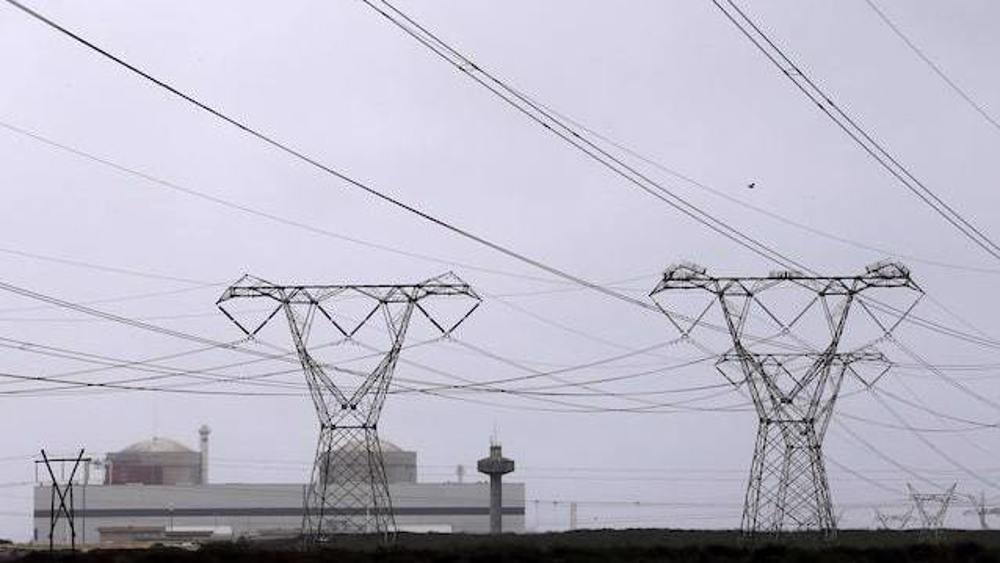
South Africa open to nuclear cooperation with Iran and Russia, despite US threats
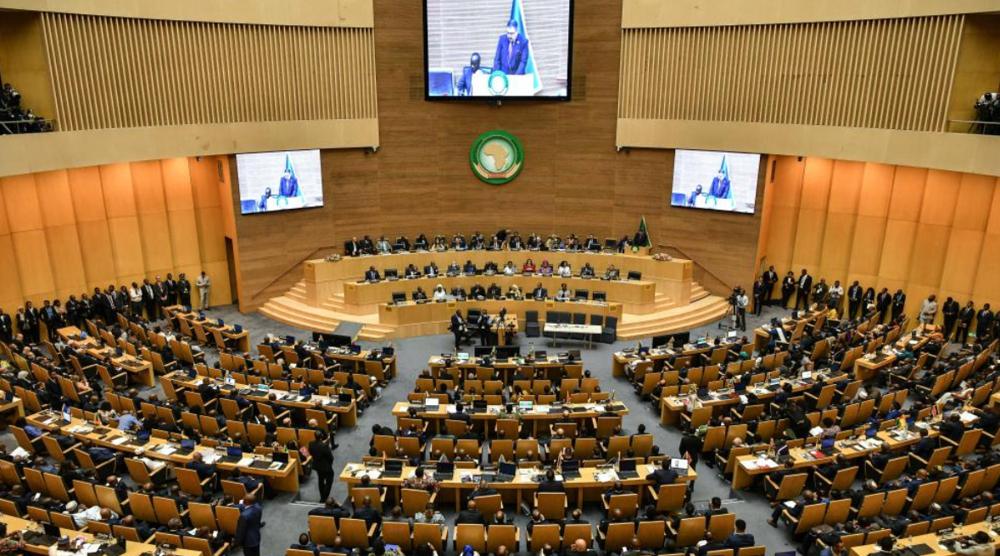
Hamas hails African leaders’ stance against Israeli war on Gaza
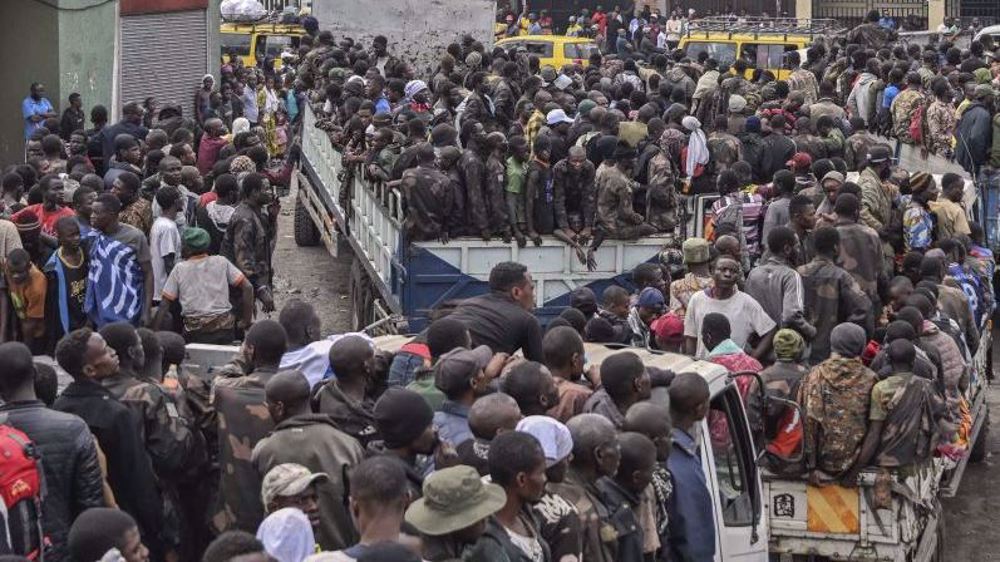
EU 'urgently' considering options to DRC fighting
Senior Shia cleric arrested, son attacked in Syria: Reports
VIDEO | Israel's West Bank aggression
VIDEO | Palestinian family denied reunion with son after his freedom from Israeli jail
If enemy makes any mistake, Israel's peace will be at risk: Iran top cmdr.
US halts funding for Palestinian Authority security forces
Iran to connect all 20-household villages to broadband by 2028
WHO: Gaza children are in danger of polio outbreak
VIDEO | Press TV's news headlines


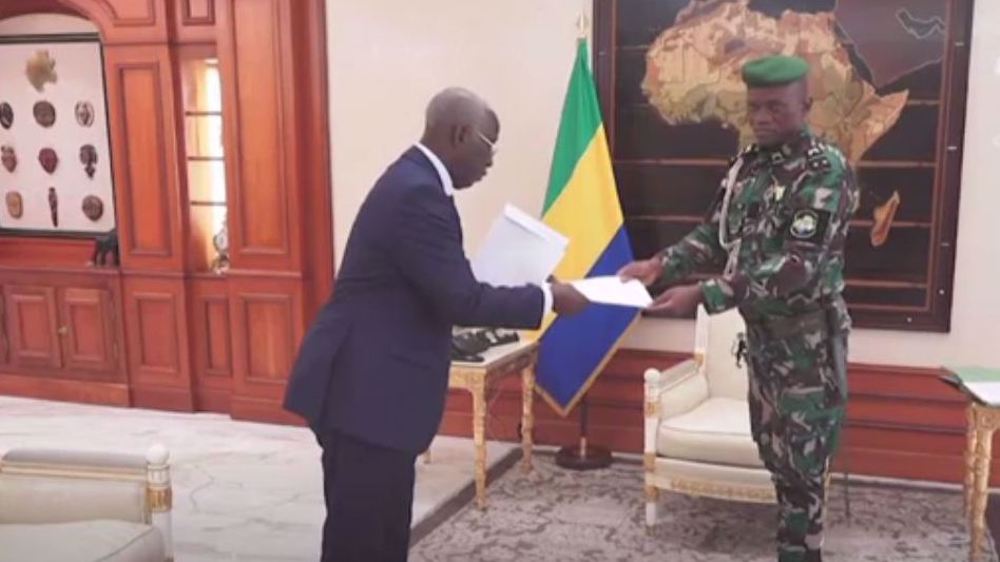

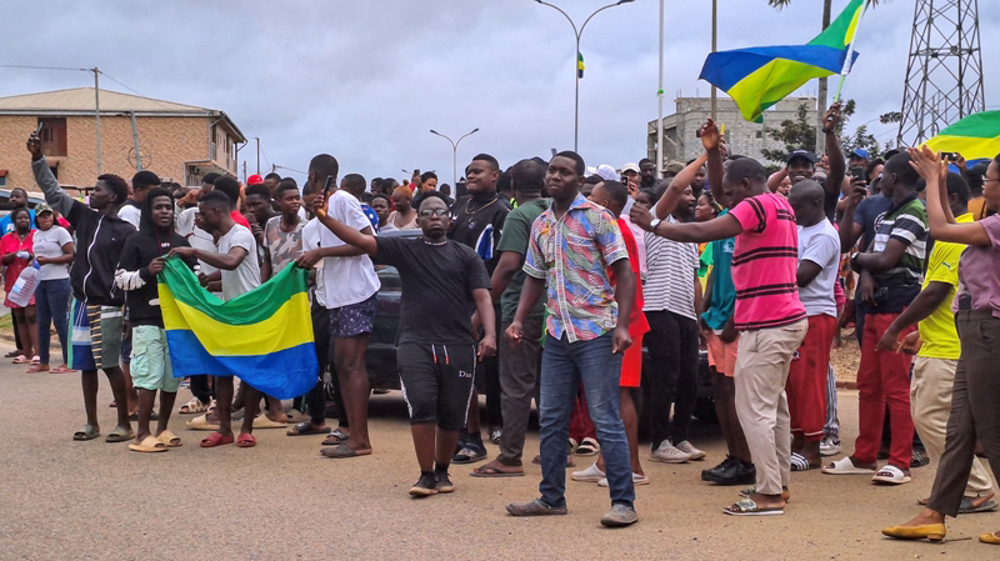



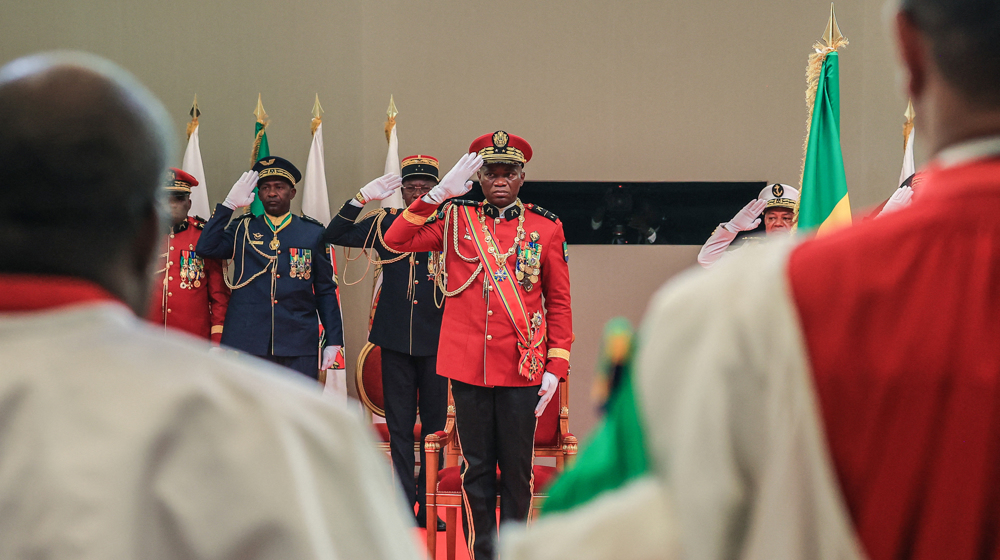
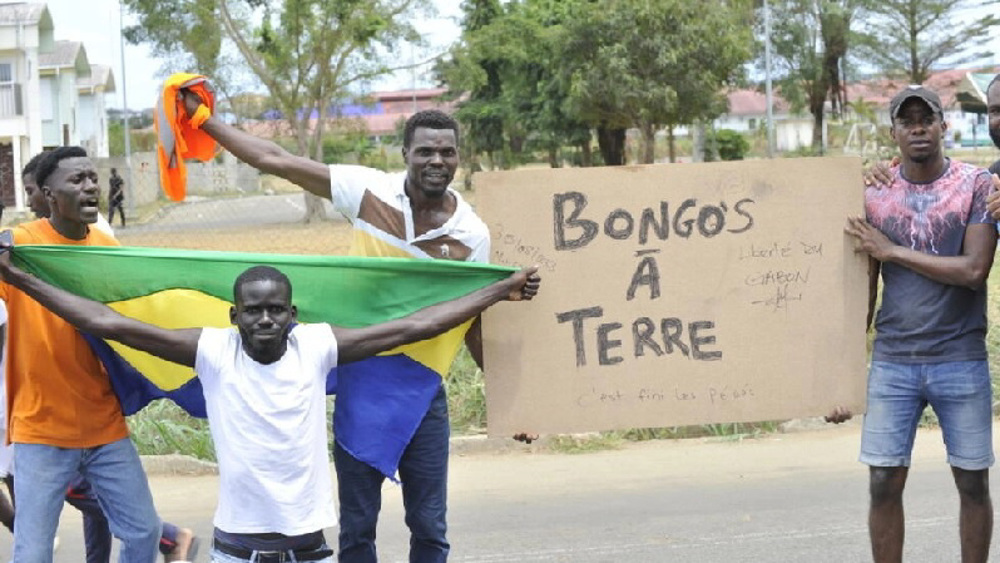
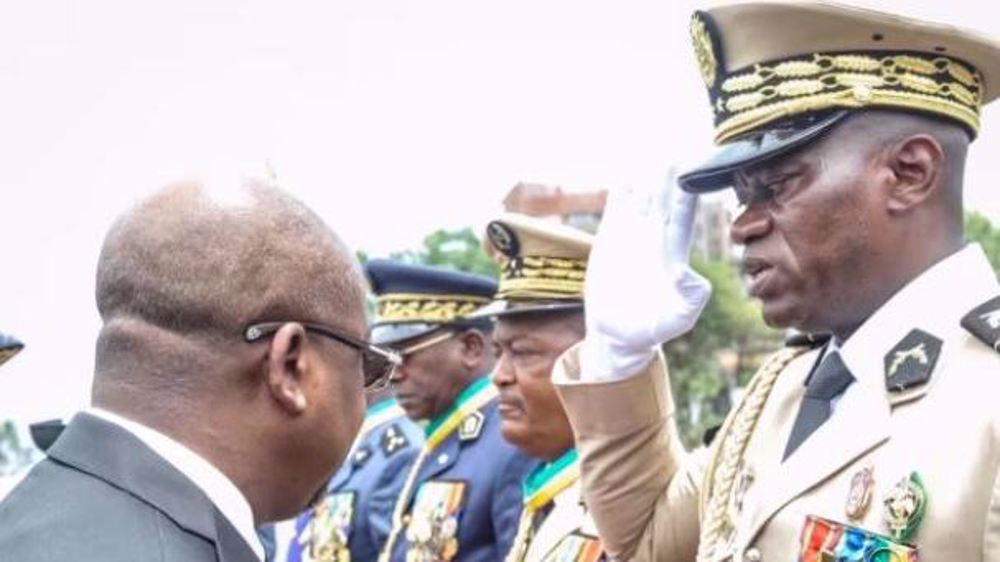

 This makes it easy to access the Press TV website
This makes it easy to access the Press TV website